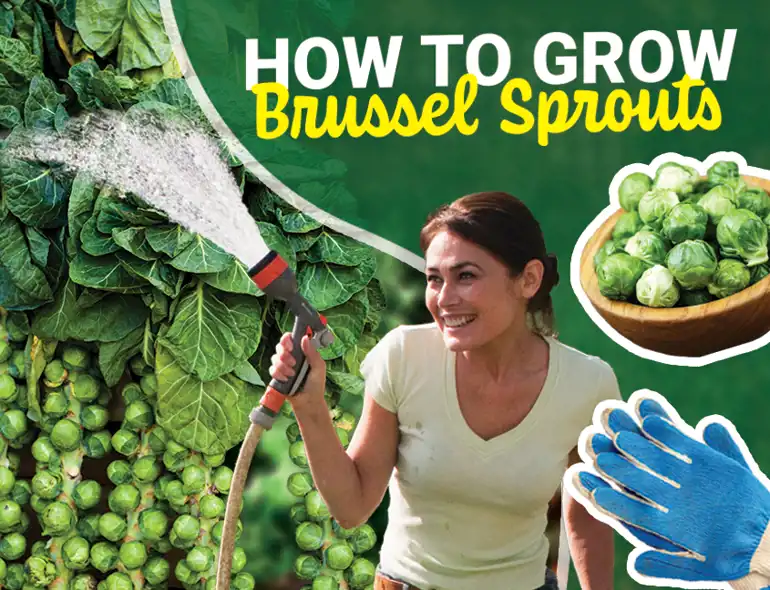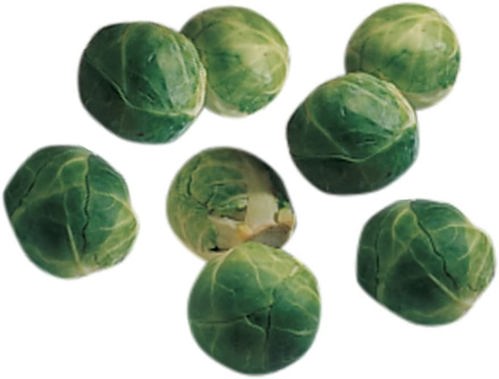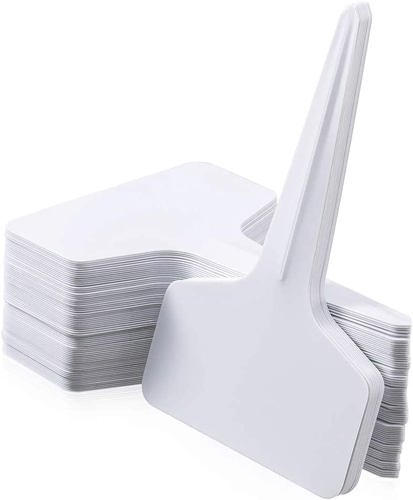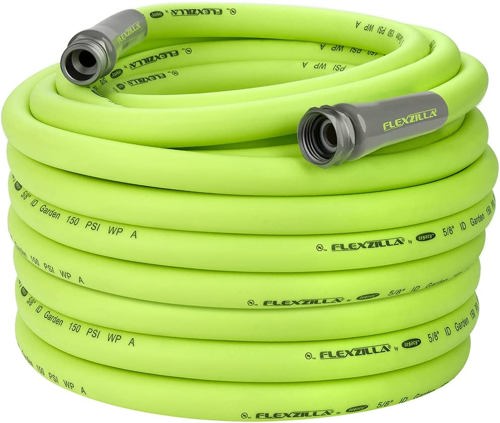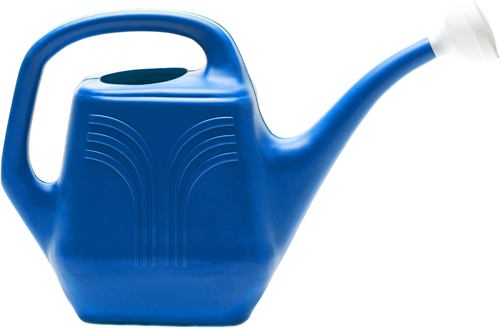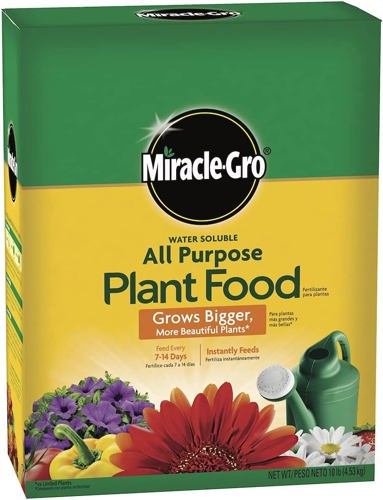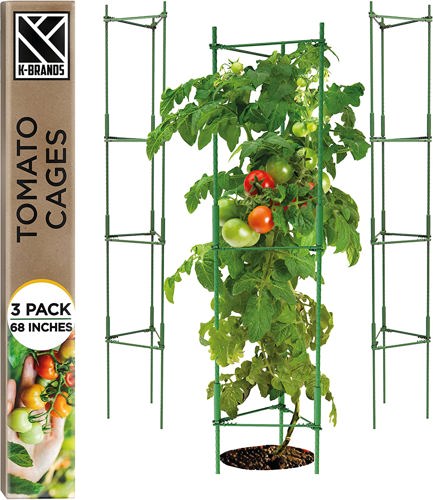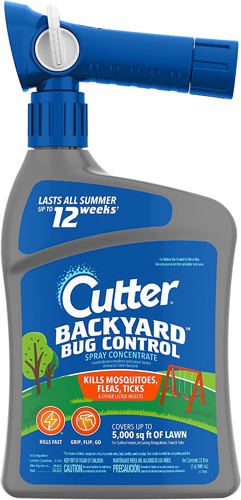Step by Step Process on How to Grow Brussel Sprouts:
1. Choose a location for your Brussel sprouts that receives at least 6-8 hours of sunlight per day.
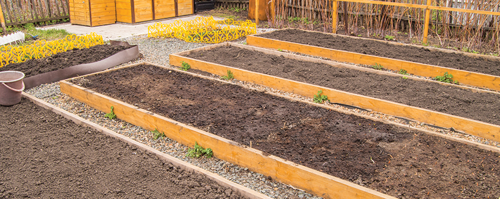
2. Prepare the soil by adding organic matter and fertilizing with an all-purpose plant food.
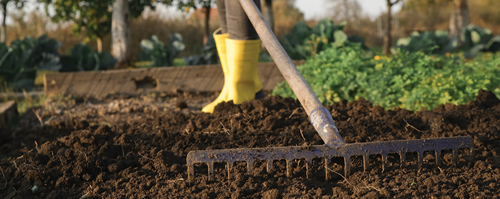
3. Plant the seeds 1/2 inch deep, spacing them 4-6 inches apart.
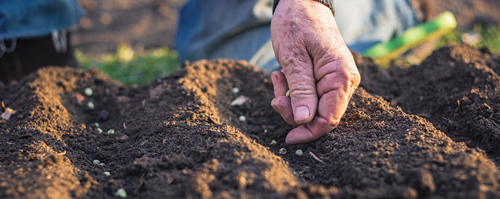
4. Water the seeds and keep the soil moist until the seedlings emerge.
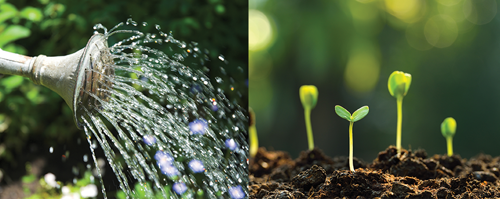
5. Once the seedlings have emerged, thin them out to 8-12 inches apart.
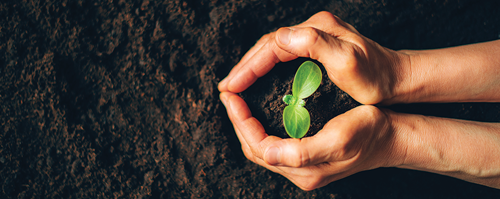
6. Fertilize the plants with an all-purpose plant food every few weeks.
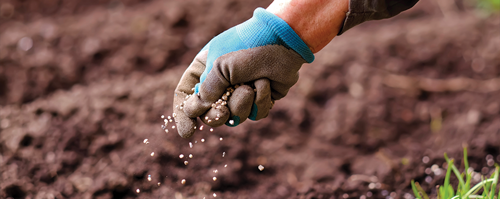
7. Mulch around the plants to help insulate the roots and retain moisture.
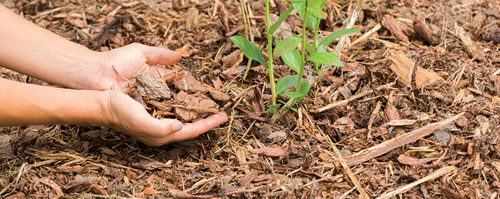
8. Cover the plants with a fabric row cover or tarp in late fall or early winter to protect them from cold temperatures.
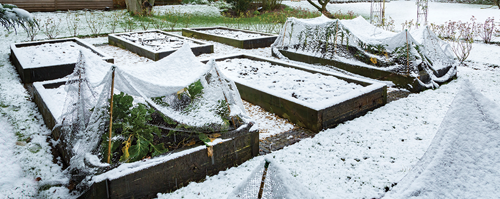
9. Harvest the sprouts when they are about 2 inches in diameter.
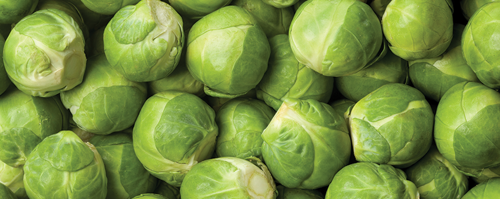
How Long Do Brussels Sprouts Take to Grow?
Brussels sprouts take anywhere from 90-150 days to mature, depending on the variety. Generally, early-maturing varieties take 90-100 days, while the later-maturing varieties can take up to 150 days. Planting in the spring or early summer gives you the best chance of a successful harvest.
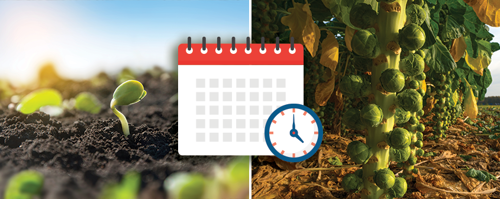
To ensure a steady supply of sprouts, you can plant successive batches every 2-3 weeks. Starting your seeds indoors about four weeks before your last expected frost date can give you a head start on the growing season.
Are Brussels Sprouts Easy to Grow?
The answer is yes.... with a little bit of knowledge and effort that is! Brussel sprouts are a cool-season vegetable that will thrive in cooler weather, so they are well suited to many areas all over the country.
What Is the Best Way to Grow Brussels Sprouts?
When growing brussels sprouts, ensure that you go with a variety that’s suitable for your climate and gardening conditions. Early-maturing types are usually best for short growing seasons, while late-maturing types are better suited for long growing seasons. Plant your seeds in a sunny spot, in soil that’s been enriched with organic matter and drains well. Water regularly, and fertilize every two weeks with a balanced fertilizer. If the weather is dry, use a drip irrigation system to keep the soil evenly moist.
To get the best results, give your brussels sprouts plenty of room to grow. Plant the seeds two inches apart in rows that are two to three feet apart. If needed, use a stake or trellis to provide support for your plants. Prune the lower leaves and side shoots for the best yields. Keep an eye out for pests and diseases as your sprouts mature, and take action if necessary. With a little bit of effort, you’ll be rewarded with a delicious harvest of brussels sprouts.
What Month Do You Plant Brussel Sprouts?
The best time to plant brussel sprouts is in the spring, after the last frost. Start planting as soon as the soil can be worked in early spring, usually around the last week of March or first week of April in most areas. Planting brussel sprouts too late in the season can cause them to bolt, or go to seed, before they are ready to harvest.
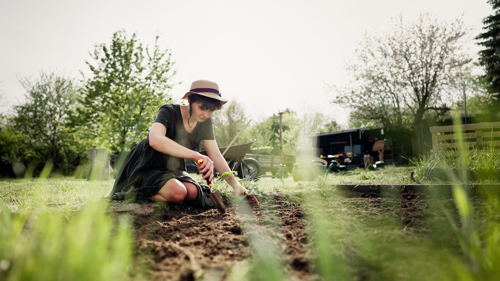
You can also plant brussel sprouts in the late summer for a fall harvest, but you'll need to keep an eye on the weather and make sure they don't bolt.
Do Brussel Sprouts Come Back Year After Year?
Sadly no, brussel sprouts are an annual vegetable, (meaning they must be planted each year).

A great way to make the most of your harvest season is to stagger your planting times. Plant some seeds every few weeks in waves, so that you have a continuous supply of brussel sprouts all throughout the season.
How Many Brussel Sprouts Will One Plant Produce?
The amount of brussel sprouts you can expect from one plant will largely come down on the variety, the type of growing conditions, and ultimately, how well you care for the plant. Speaking generally, you can reasonably expect each plant to produce anywhere from two to four heads of brussel sprouts.
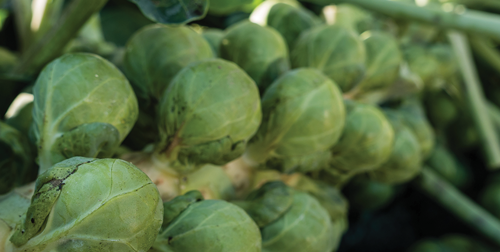
If you want to maximize your harvest, start with quality seeds and provide your plants with plenty of space, regular fertilization, and consistent moisture.
How do you Winterize Brussel Sprouts?
If you live in an area with cold winters, you will need to winterize your brussel sprouts to protect them from the cold. Start by mulching around the plants to help insulate the roots. You can use straw, leaves, or any other organic material to create a protective layer. Make sure to leave enough space around the stems so that air can circulate.
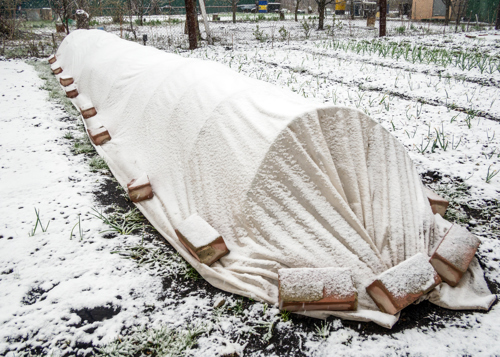
In late fall or early winter, cover the plants with a fabric row cover or tarp to protect them from cold temperatures. Make sure that the fabric is securely fastened down so that it doesn't blow away in the wind. You can also grow your brussel sprouts in a cold frame or a hoop house to extend the growing season. This will allow you to harvest brussel sprouts even in the depths of winter.
You should avoid planting other brassica family vegetables near your brussel sprouts, such as:
- Cabbage
- Kale
- Cauliflower
- Radishes
- Lettuce

These vegetables are susceptible to the same pests and diseases, and can cross-contaminate your plants. You should also avoid planting other root and leafy vegetables, such as radishes and lettuce, near your brussel sprouts. These plants can compete for valuable resources, like water and nutrients, and can reduce the yields of your brussel sprouts.
Can I Plant Brussel Sprouts in September?
The latest you can plant brussel sprouts is usually late summer or early fall, as the plants need time to become established before the cold weather sets in. If you wait too long, the plants will not have enough time to mature before winter.
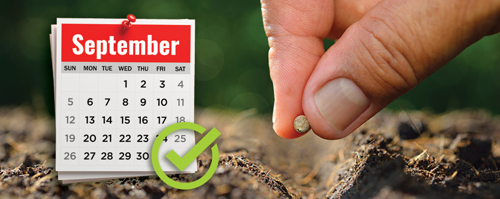
But yes! Brussel sprouts can be still planted in September for a fall harvest. Depending on your location, you may be even be able to extend the harvest season into early winter. Plant your seeds in late summer or early fall, when the weather is still warm but the nights are cooling down. This will give your seedlings plenty of time to establish themselves before the cold weather sets in. Make sure to provide your plants with plenty of space, consistent moisture, and full sun to part shade.
Do Brussel Sprouts like Full Sun or Shade?
Brussel sprouts prefer full sun, but they can tolerate some shade. If you live in a particularly hot climate, you may want to provide your plants with some mid-afternoon shade to prevent them from wilting in the heat. In a perfect world, you should aim for 6-8 hours of direct sunlight per day, although some varieties may need more and some will need less.
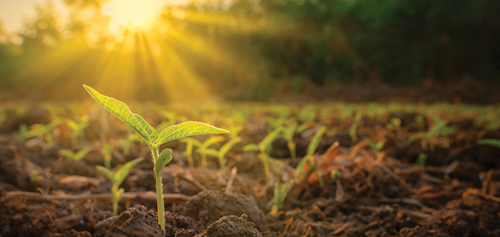
Make sure to provide your plants with plenty of space to breathe, so that the leaves don't get crowded and have the opportunity to get sufficient light. You should also make a point to ensure your plants get watered regularly, as brussel sprouts are prone to wilting when their soil is too dry.
What You Need to Grow Brussels Sprouts
1. Brussel Sprout Seeds: Burpee Brussels Sprouts Seeds
Burpee Brussels Sprouts Seeds are specifically designed to produce the best-tasting brussel sprouts and are easy to grow.
2. Potting Soil: Miracle-Gro Potting Mix

Miracle-Gro Potting Mix is specially formulated to promote root growth.
3. Plant Markers: Gardener's Blue Ribbon White Plant Labels
Gardener's Blue Ribbon White Plant Labels will help you keep track of your plants and mark the area for planting.
4. Garden Hose - Flexzilla Garden Hose
5. Watering Can - Bloem Watering Can
A Flexzilla Garden Hose is essential for providing your plants with water, and the Bloem Watering Can will help you easily distribute the water to the desired areas.
6. Fertilizer - Miracle-Gro Water Soluble All Purpose Plant Food
Miracle-Gro Water Soluble All Purpose Plant Food will help to provide your plants with essential nutrients and help them to grow bigger and healthier.
7. Plant Support - K-Brands Tomato Cage
K-Brands Tomato Cage helps to keep your brussel sprouts upright and healthy (secrets of the pros: even though they are designed for tomatos, we find these to be the absolute best brussel sprout supports!)
8. Gardening Gloves - Vgo 3 Pairs Gardening and Work Gloves
Vgo 3 Pairs Gardening and Work Gloves will protect your hands while you tend to your plants and are incredible value for money.
9. Insect Repellent - Cutter Backyard Bug Control Spray Concentrate
Finally, Cutter Backyard Bug Control Spray Concentrate will help to keep away pesky insects that could damage your plants we have had a lot of success with when it comes to Brussel sprouts in particular.
Cultivating brussel sprouts offers a reliable and plentiful harvest if you follow the proper steps. Plant brussel sprouts in early spring or late summer for a fall harvest, and make sure to provide them with plenty of space, consistent moisture, and full sun to part shade. Keep an eye out for pests and diseases, and be sure to winterize your plants if you live in an area with cold winters. With a little TLC your brussels will keep sproutin' deep into the Fall and maybe even early Winter!


